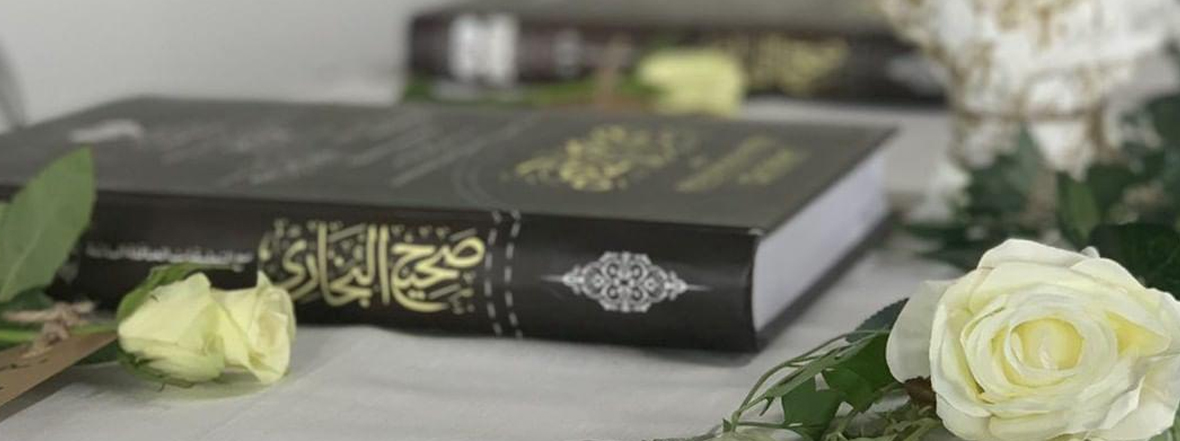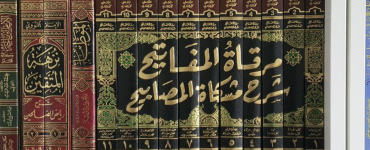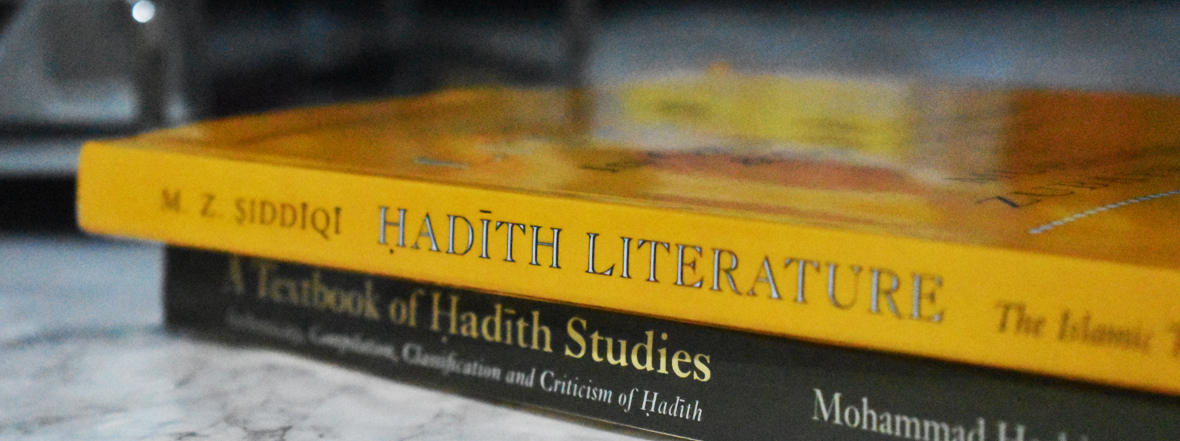The heart-rendering story of Kaʿb Ibn Mālik رضي الله عنه was narrated by none other than himself in a lengthy, though wholly eloquent narrative. It is full of great wisdoms and lessons:
1) The greatest lesson Kaʿb رضي الله عنه learnt was mentioned at the end of his narration: “By Allāh, after He guided me to Islām, He never bestowed on me a blessing as immense as guiding me to be truthful to the messenger (ﷺ); for by not lying, I was saved from being destroyed.” He learnt that the only path to safety in this life and the next was through honesty, regardless of the possible dire consequences. For this reason, it makes a telling tale for educating children.
2) In accepting the excuses of the hypocrites, although they were nothing but lies, the Prophet Muḥammad ﷺ taught us to only judge by what is visible to us on the outside and what is obvious. As for what is in the hearts, Allāh ﷻ is the only Judge. The rulings of this life are based on what appears to us; as for the reward or punishment of the hereafter, it is the result of what lies in the hearts.
3) We learn of the powerful effect a publicly orchestrated boycott has in reforming individuals. The Prophet Muḥammad ﷺ would employ every allowable means to help cultivate and reform his society, even if it meant temporarily severing ties of kinship. It should be duly noted that large-scale boycotting of this nature can only be employed in communities with similar grounding in Islam as that of the Muslim community in Madinah at the time of the Prophet Muḥammad ﷺ.
4) The joyful manner in which the Muslims received their three brethren illustrates the difficulty and discomfort they endured in having to censure their fellow companions. Yet, they all obeyed the Prophetic command, even the wife of Kaʿb Ibn Mālik رضي الله عنهما and his dearest friend Abū Qatādah رضي الله عنه would show animosity towards him. It was the strong ties of brotherhood, a faith-based bond, upon which the fabric of society was built.
5) Kaʿb رضي الله عنه’s reaction upon receiving the letter from the Christian king Gassān bears testimony to his faith and loyalty to the Prophet Muḥammad ﷺ.
6) The day a believer receives glad tidings of forgiveness from Allāh is a day of immense joy; for Kaʿb رضي الله عنه it was the best day of his life, and he fell into prostration when he first heard it. The entire community participated in congratulating ‘The Three’, because such a blessing from Allāh outweighs any other worldly blessing; the disciples of the Prophet understood this best. The Prophet’s (ﷺ) statement to Kaʿb رضي الله عنه, “Rejoice, for this is the best day you have had since the day your mother gave birth to you,” indicates that it was even better than the day on which he converted to Islam.
7) We learn from the story three ways in which a Muslim can offer thanks to Allāh upon receiving a favor from Him:
- To perform the prostration of thankfulness (which can also be done when one is saved from a calamity).
- Rewarding the bearer of glad tidings, as Kaʿb رضي الله عنه gave him his set of clothes.
- To give money in charity.






